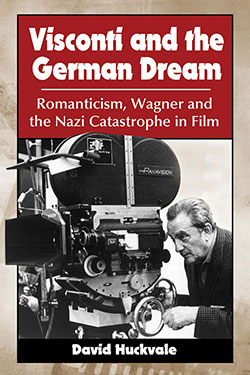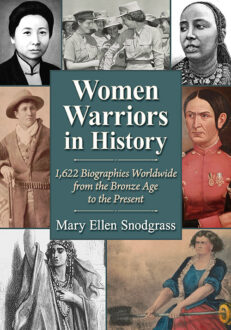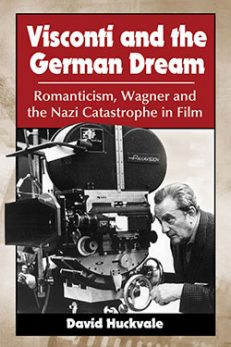Visconti and the German Dream
Romanticism, Wagner and the Nazi Catastrophe in Film
Original price was: $39.95.$31.99Current price is: $31.99.
In stock
About the Book
Luchino Visconti’s trilogy of films Ludwig, Death in Venice and The Damned explore the complex relationship between the themes and ideals of German Romanticism and their impact on the catastrophe of the Third Reich. The personality and works of Richard Wagner to a large extent epitomize German Romanticism as a whole, while the writings of Thomas Mann and Friedrich Nietzsche provide the greatest critique of this dark and troubled but sublime and emotionally overwhelming culture. Along with contrasting approaches to this subject by other filmmakers such as Hans-Jürgen Syberberg, Ken Russell and Tony Palmer, this book explores how the preoccupations of the German Romantic movement led to Nazism, and contrasts the ways in which filmmakers have presented this continuum. The book also discusses the impact of Wagner’s musical dramas on the art form of the cinema itself.
About the Author(s)
Bibliographic Details
David Huckvale
Format: softcover (6 x 9)
Pages: 232
Bibliographic Info: 21 photos, filmography, notes, bibliography, index
Copyright Date: 2012
pISBN: 978-0-7864-7030-3
eISBN: 978-0-7864-9275-6
Imprint: McFarland
Table of Contents
Table of Contents
Preface 1
Introduction—Visconti 3
One—Wagner in Italy 11
Two—Ludwig, Wagner and Hitler 27
First Intermission—The Birth of Hitler from the Spirit of Virtuosity 53
Three—Mann’s “Death in Venice” 66
Second Intermission—Pan, Paganism and Arcadia 82
Four—Visconti’s Death in Venice 99
Five—Götterdämmerung 110
Third Intermission—The Cinema of the Future 125
Six—The Damned 144
Seven—Alternative Visions 157
Epilogue—The Film Music of the Future 183
Select Filmography 199
Chapter Notes 200
Bibliography 213
Index 217





